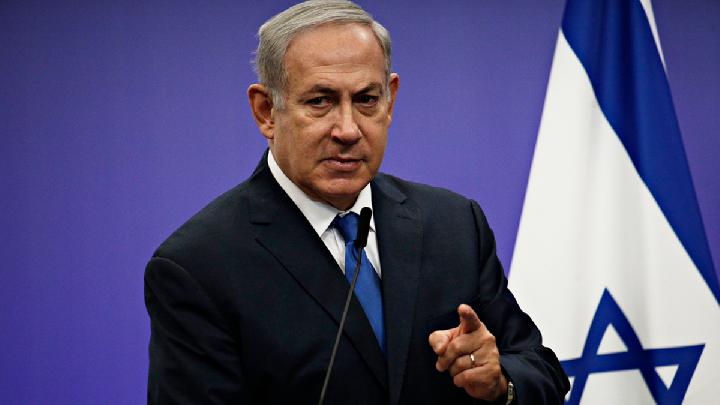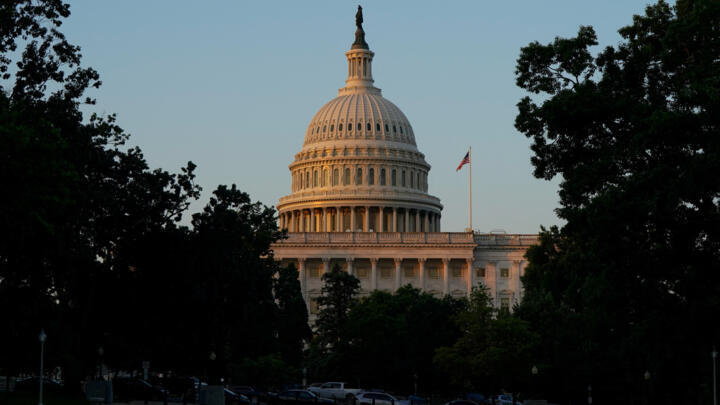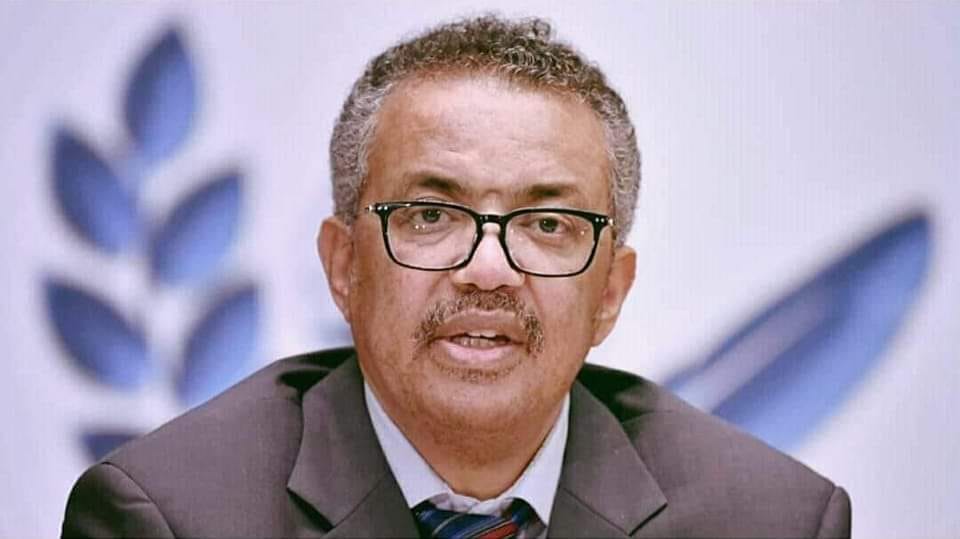By Ayomide Otitoju
The Director-General of the World Health Organization (WHO), Dr. Tedros Adhanom Ghebreyesus, on Tuesday honoured Professor Awa Marie Coll Seck and Professor Sir Brian Greenwood with the 2024 WHO Director-General’s Award for Global Health, recognising their lifetime achievements in global health, particularly in malaria elimination.
The awards were conferred during the High-Level segment of the 78th World Health Assembly, held in Geneva on May 20. This year’s award included an honorary lifetime achievement recognition for both recipients.
“Their invaluable contributions have helped to alleviate the burden of malaria and other vaccine-preventable diseases, and to build sustainable health system capacity in Africa,” Dr. Tedros said.
Professor Coll Seck, a former Minister of Health in Senegal, was lauded for spearheading critical health reforms, expanding universal healthcare, and integrating disease control programmes. From 2004 to 2011, she served as Executive Director of the Roll Back Malaria (RBM) Partnership, mobilizing political will to scale up malaria interventions in low-income countries.
An infectious disease specialist trained in Senegal and France, Coll Seck has served on high-level boards, including the Global Fund, PATH, and other organizations working on vaccines and health financing. She currently leads Forum Galien Afrique.
Reflecting on the award, Professor Coll Seck said, “This prize symbolizes trust in the values that I defend: solidarity between peoples, science in the service of humanity and the leadership of women in the health system.”
Professor Sir Brian Greenwood was recognized for five decades of groundbreaking research in infectious disease control. His pioneering work includes introducing insecticide-treated bed nets and leading trials for the RTS,S malaria vaccine, the first to be recommended for widespread use.
Dr. Tedros praised Greenwood’s role in transforming malaria control efforts and advancing child health. “His contributions range from pioneering trials to disease control strategies that have saved countless lives,” he said.
Greenwood’s work spanned Nigeria, The Gambia, and later the London School of Hygiene & Tropical Medicine. He played a central role in developing and implementing the MenAfriVac vaccine in the African meningitis belt and supported seasonal malaria chemoprevention strategies.
Recalling his early days as a young doctor in Nigeria, Greenwood remarked, “Under-5 child mortality was about 400 per thousand. In The Gambia today, that










